
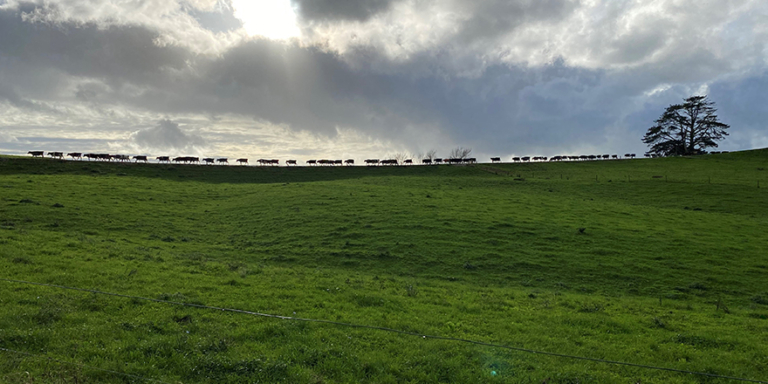
Achieving successful family farm succession in the New Zealand dairy industry.
To ensure family farm businesses, and the New Zealand dairy industry, can continue to thrive it is important that succession is done well.
The aim of this report is to understand the key challenges that farming families face when trying to navigate through the succession process and identify solutions to these challenges.

Bringing New Zealand’s food science to the world.
Food science in New Zealand is an important contributor of the Science and Innovation ecosystem and helps maintain a positive international reputation in this field. However, international stakeholders are looking in, the food crisis accentuated by a growing population is worsening and scrutiny is increasing across every sector. Thus, our food science sector must show clear direction, collaboration, and thought leadership. Therefore, New Zealand’s science industry needs to be reshaped to help find solutions to the pending global food crisis identified by the United Nations and other organisations.
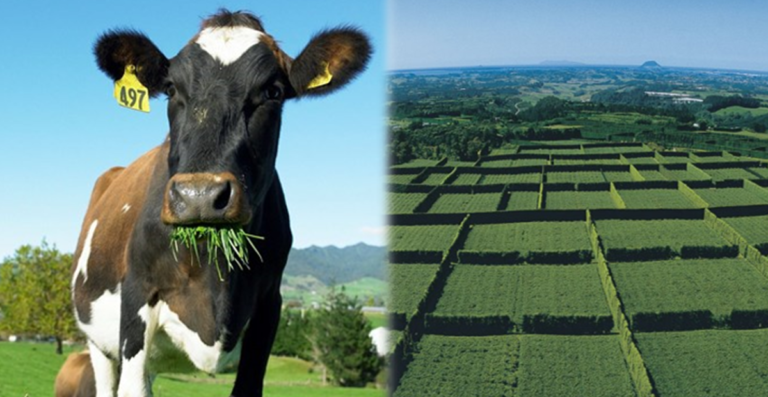
Could herbicide resistance reduce the growth potential of our primary industries?
This report is focusing on herbicide resistance and compars the situation in New Zealand to other OECD countries; highlights current knowledge and awareness gaps, shares information we might use to influence decision making and propose ideas that we might adopt to tackle this issue.
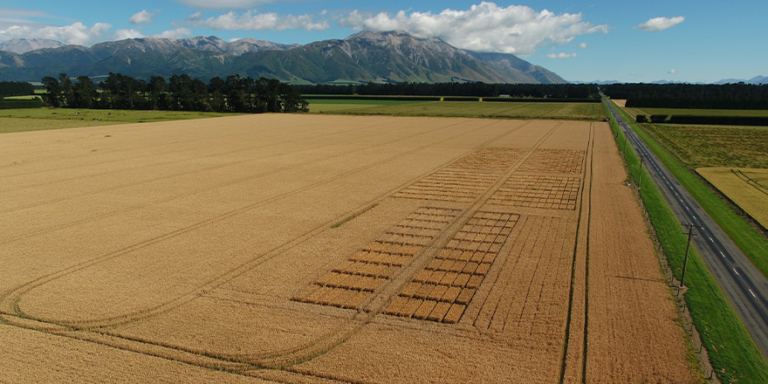
Escaping low value supply chains.
This report aims to offer insights into how the utilisation of value chains by arable growers will enable them to create and capture more value from their products. The research methodology compromised a literature review, semi-formal interviews and case studies across the entire supply chain to gain insights into their experiences.

Farmers in governance: an insight into the functions of a farmer elected board.
The aim of this report to gain insight into diversity on farmer elected boards and how the integration of independent directors has positively influenced board performance. This report investigates boards that have a high representation of farmers, to understand whether this dynamic allows best performance, against an increased ratio of independent directors influencing the board performance. The report also covers the pros and cons of the ward election system.

Green value chain.
Consumers are willing to purchase and pay a premium price for food products that are of proven high quality and contain authenticated quality and credence attributes. The lack of a national provenance fragments the NZ agri-food marketing landscape, potentially weakening exporter’s ability to leverage true value.

Greenhouse gas emission consequences of New Zealand’s urban sprawl.
Agriculture is recommended to decrease land area and therefore emissions to help achieve New Zealand’s obligations (New Zealand Productivity Commission, 2018). Then, why is it that some agricultural land is then allowed to be subdivided and turned into housing which emits potentially more emissions?

How do you utilise a technical sales team to grow market share?
The aim of this report is to understand how technical sales team functions can be harnessed within an organisation and utilised to grow market share. At the same time understanding the opportunities that technology integration and the forming of sales team functions can have on mitigating organisational risk and leveraging opportunity.
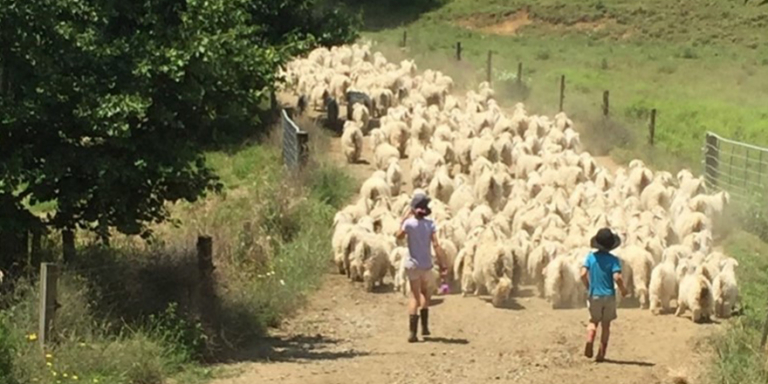
How does a dwindling mohair industry in New Zealand learn to play the infinite game?
The New Zealand mohair industry is not in a place to capitalise on the global trend of increasing use of natural fibres in its current state. The industry has seen an ageing base to its producer group form. The lack of new entrants coming into the industry has meant it has struggled to remain relevant and viable.
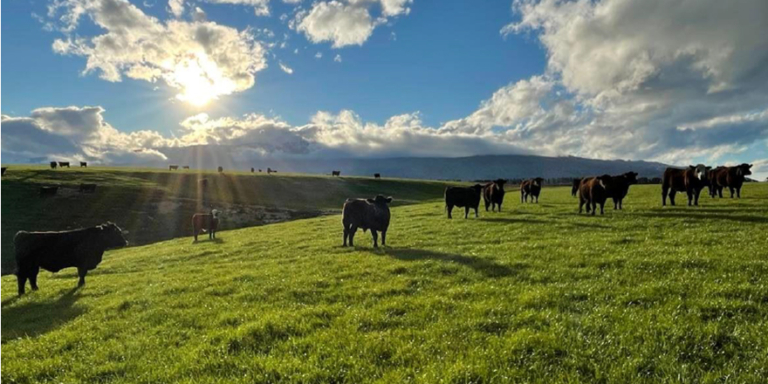
Investment Management meets Agriculture.
This research report attempts to provide specific support for agri-business leaders. It focuses on answering the question: Does an evidence-based approach to decision making improve outcomes for small agri-businesses in New Zealand?
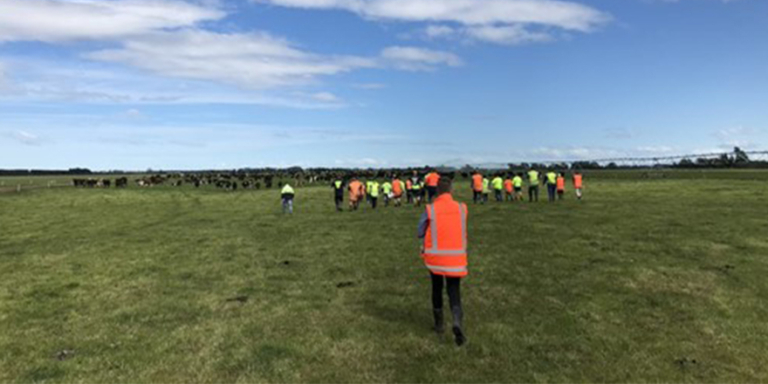
Know better. Do better.
The New Zealand dairy industry has witnessed a steep growth in the number of workers from the Philippines (Southeast Asia) entering New Zealand to work on dairy farms. Like any dairy farm worker, there is an importance of keeping these migrant workers safe while working. However, with a different cultural background and a different understanding of health and safety, it can be challenging to build health and safety engagement on farm.

Lead your people – they will stay.
Leadership’s impact on staff fulfilment, engagement, and retention is significant and is the fundamental driving factor that can make or break an organisation’s culture, engagement, and retention.
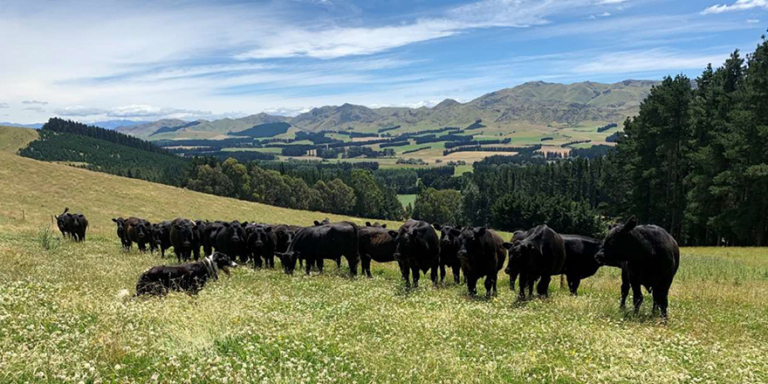
Partial land use diversification for long term sustainability and resilience of sheep and beef farms.
The aim of this report is to understand if sheep and beef farmers in NZ can use partial land use diversification to improve environmental sustainability. And at the same time create more resilient farm systems to remain profitable for the future.
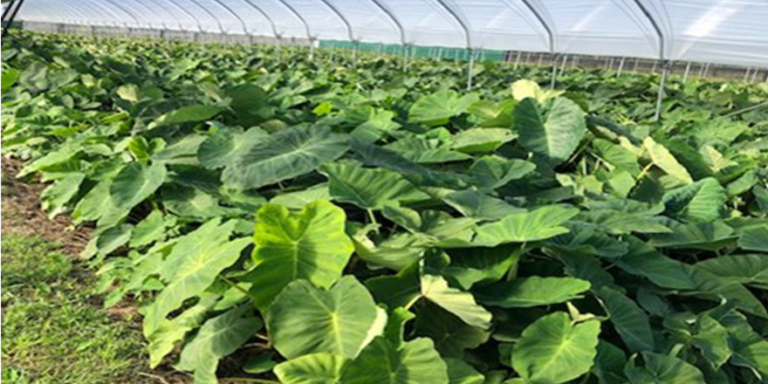
Pasifika subsistence farming in New Zealand.
The aim of this report is to gain an understanding into the New Zealand Pasifika subsistence farming operations, identify the skills and values being developed/maintained in this setting, assess the sustainable livelihood opportunities, and understand the potential values and skills of New Zealand -based Pasifika bring to the Primary Industries.

Red meat traceability with blockchain.
This research project aims to understand the benefits, drawbacks, drivers, and barriers to blockchain adoption in NZ red meat supply chains, and in doing so answer the question: is blockchain the true path to the dream of Paddock to Plate traceability?
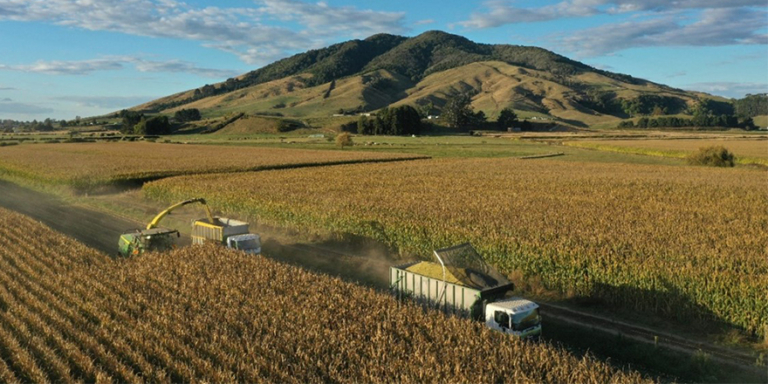
Should New Zealand be trading maize forage on quality parameters?
This report investigates the important metrics of maize forage quality and how they can be positively influenced. It also looks at how we could trade maize forage on quality parameters for the benefit of growers and purchasers.

The impact of exotic carbon forestry on rural Aotearoa New Zealand.
The rising price of the Aotearoa New Zealand Carbon Units (NZUs) along with the lack of regulations around permanent exotic carbon forestry, have further contributed to planting more exotic forests on productive land. Previously the same land would have been too valuable to be considered for forestry.

Water resilience.
Under a changing climate our water security is under threat particularly for New Zealand’s rural communities. Our freshwater resource is at the heart of our prosperity and resilience of our communities. With increasing demand from all sectors, it is crucial that New Zealand efficiently manages our freshwater and that it is allocated to its best uses.
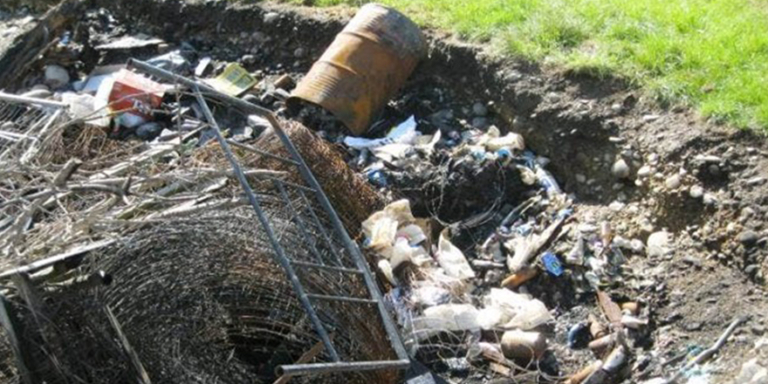
What is currently being done and what more can we do to reduce on-farm waste in the New Zealand Dairy Industry?
It was the objective of this report to discover current on-farm waste and recycling volumes within the NZ dairy sector as well as what is being done about improving waste disposal. The report also sought to determine what is being developed for greater future farmer engagement as well as what is currently being achieved with the recycling that we are collecting from dairy farms.


























